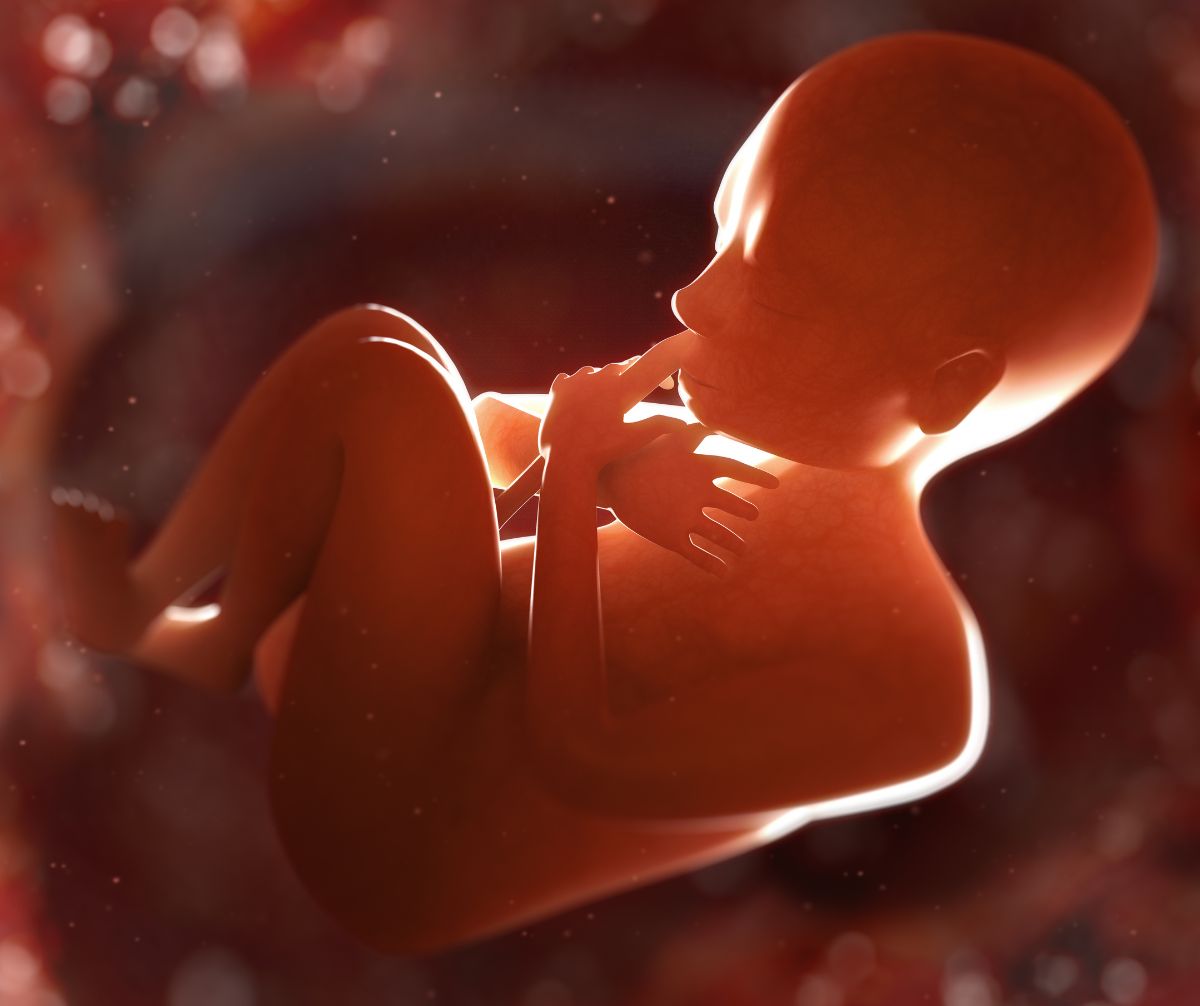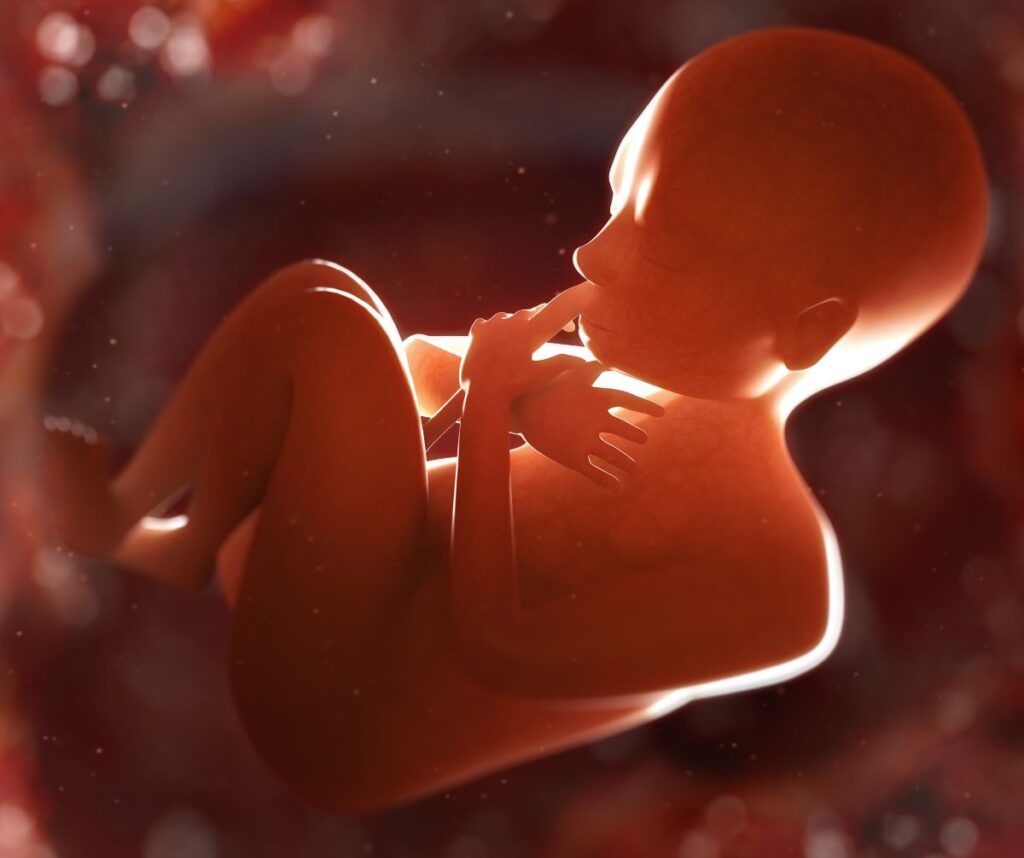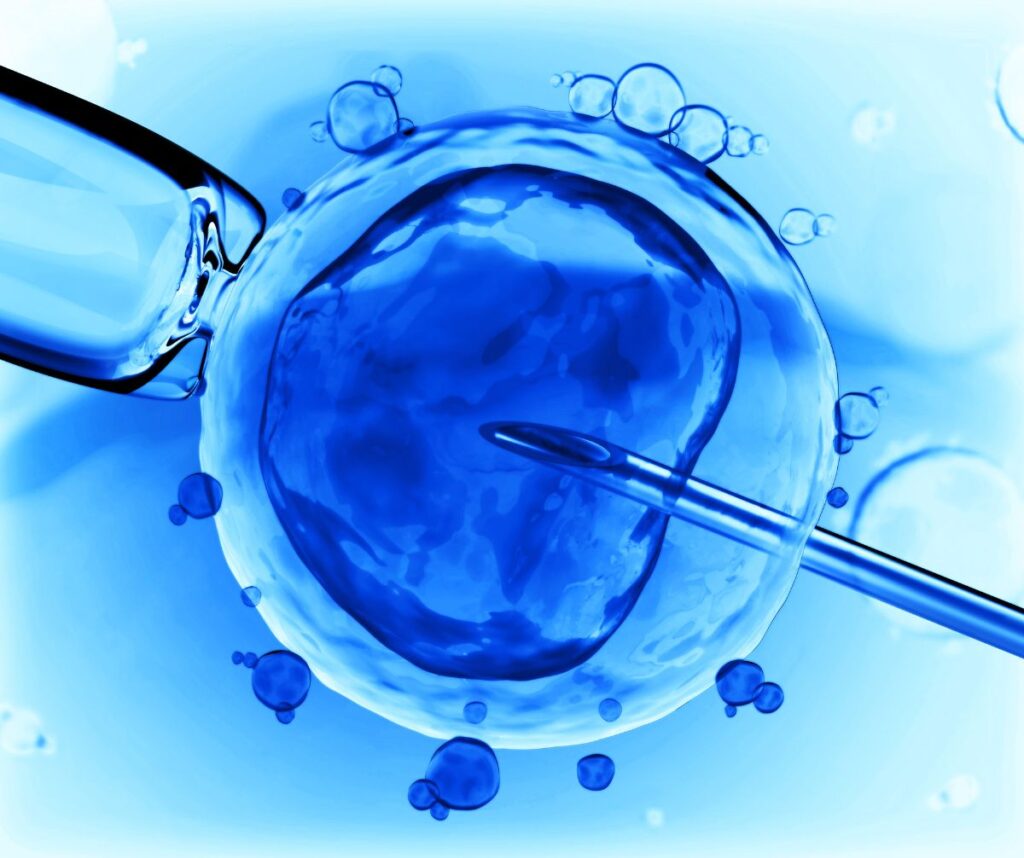
Artificial wombs, also known as ectogenesis chambers, are artificial environments designed to support the growth and development of embryos outside the human body.

They aim to mimic the conditions of a natural womb, providing all the necessary nutrients, oxygen, and protection required for fetal development.
While the potential benefits of artificial wombs are undeniable, they also give rise to numerous ethical dilemmas and controversies.
It is crucial to address these concerns and ensure that the implementation of such technology aligns with societal values and safeguards the well-being of all involved parties.
Critics argue that artificial wombs could lead to a detachment from the natural process of pregnancy and childbirth, potentially altering our perception of parenthood and the bonds formed during gestation.

Artificial wombs might challenge traditional gender roles by shifting the perception of pregnancy and childbirth as solely female experiences. This could lead to a more equitable division of responsibilities and opportunities between genders.
As reproductive technology advances, we must balance progress with ethical responsibility for inclusive and safe choices.